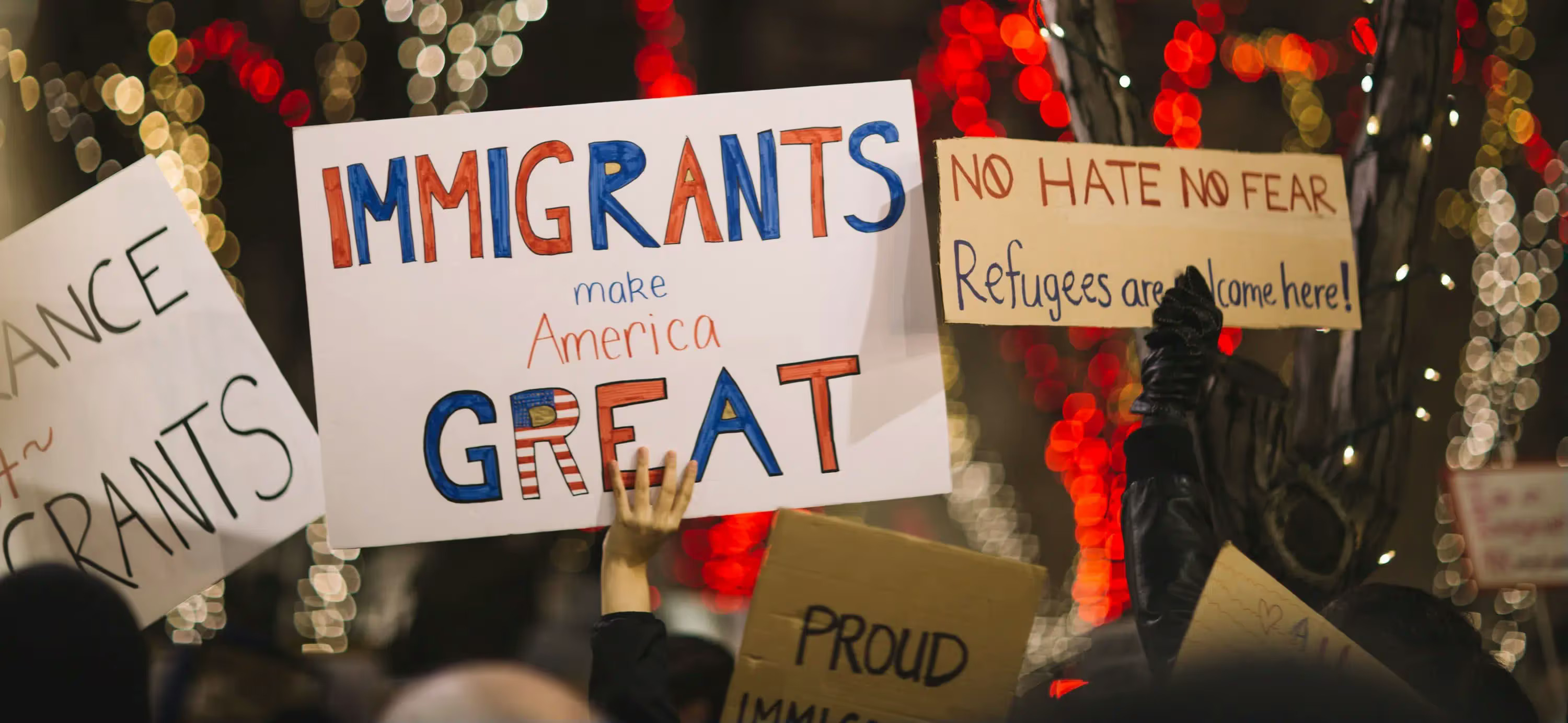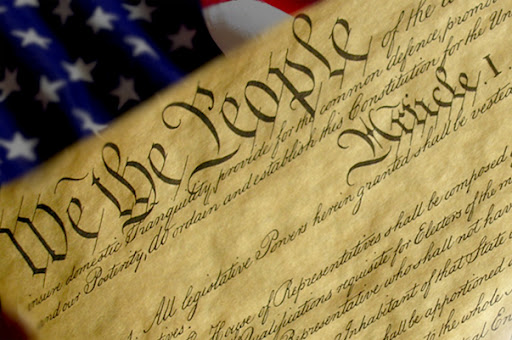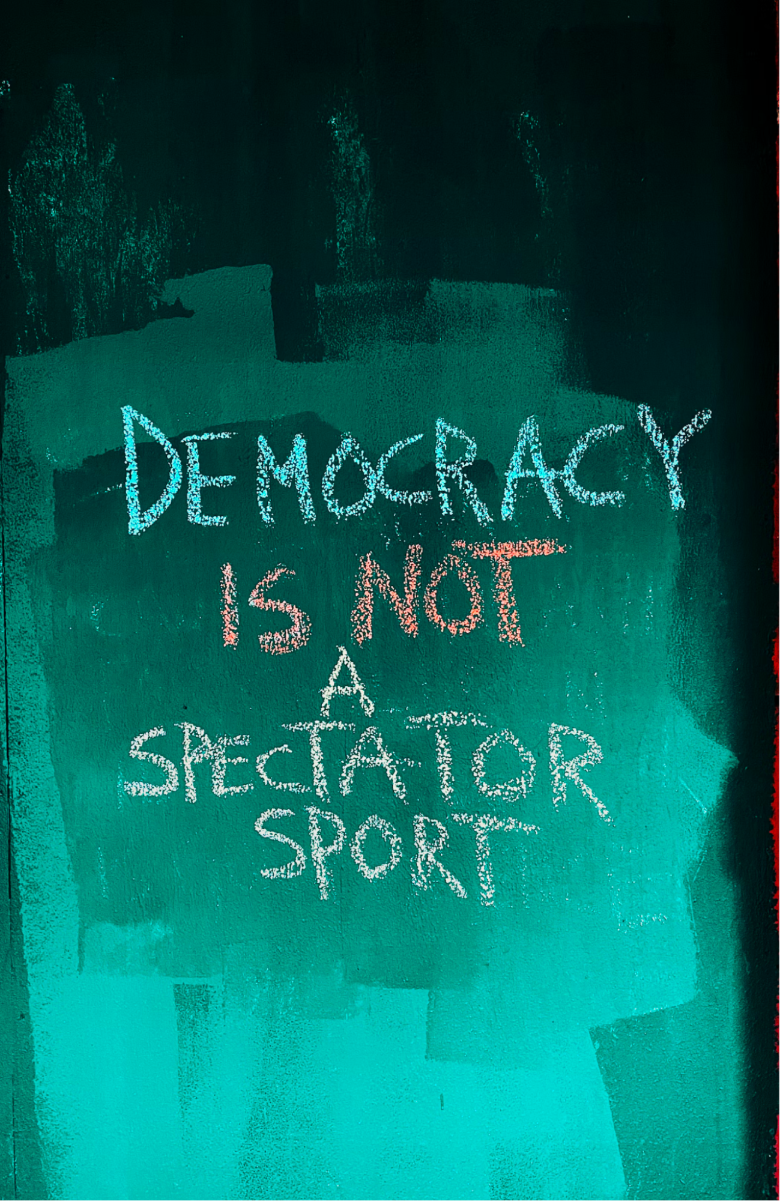
Analysis
New Polling Shows Pluralism Still a Core American Value
Pluralism has long been a hallmark of American democracy. Our national commitment to diversity is reflected in our constitutional values. The First Amendment ensures we are all free to believe as we choose, without fear of discrimination or harm. These protections are necessary to ensure religion and democracy thrive.
Instead of safeguarding our national diversity, the Religious Right has sought to distort the meaning of religious freedom to enshrine their beliefs into law and favor a very narrow worldview. In recent years, this radical minority has grown increasingly vocal and visible. Politicians on the Religious Right continue to use hateful rhetoric to try and pit Americans of different backgrounds against each other. These politicians would have Americans reject pluralism in favor of a Christian national identity.
The Religious Right characterizes Christianity as central to American identity. Even though this has gained traction among those on the Religious Right, new polling reveals that it has not been embraced by Americans as a whole.
Increased Acceptance of American Diversity
Our communities and country are enriched by religious and cultural diversity. Despite growing political divisions, overall an increasing number of Americans are embracing pluralism. About two-thirds of Americans (65%) say that the fact that “the United States has a diverse population, with people of many different races, ethnicities, religions, and backgrounds,” makes the country stronger, including 40% who say it makes the country much stronger. This includes majorities of all religious groups. A majority of Americans also say that in general, immigrants and newcomers strengthen American society.
Though there are divides along partisan and religious lines for preference for religious diversity, overall Americans demonstrate a preference for religious pluralism. A shrinking minority of Americans believe that being Christian is somewhat or very important to being truly American (43%, substantially down from 53% in 2015).
Finally, three in four Americans (75%) agree with the statement “It is still possible for the U.S. to achieve the ideal of our national motto ‘E Pluribus Unum’: ‘From many people, one,’” compared to 22% who disagree. Across various demographics, solid majorities agree with this statement, including party, religious affiliation, race, education, gender, region, and area of residence.
Our American Ideals are Achievable
Attempts by the Religious Right to undermine our democracy should be taken seriously. But their radical views do not represent the opinions of the majority of Americans. Pluralism is still valued by Americans across demographics. An inclusive vision of religious freedom protects our national diversity, and enables all of us to thrive.
Learn about Interfaith Alliance’s efforts to advance true religious freedom.
Transcript

Pluralism is Democracy in Action
On July 4, America will mark 250 years since the signing of the Declaration of Independence. That day in 1776, the nation’s founders put forward a bold vision for a new democratic experiment, one rooted in shared values, with power derived from the people rather than imposed by a monarch or religious authority:


